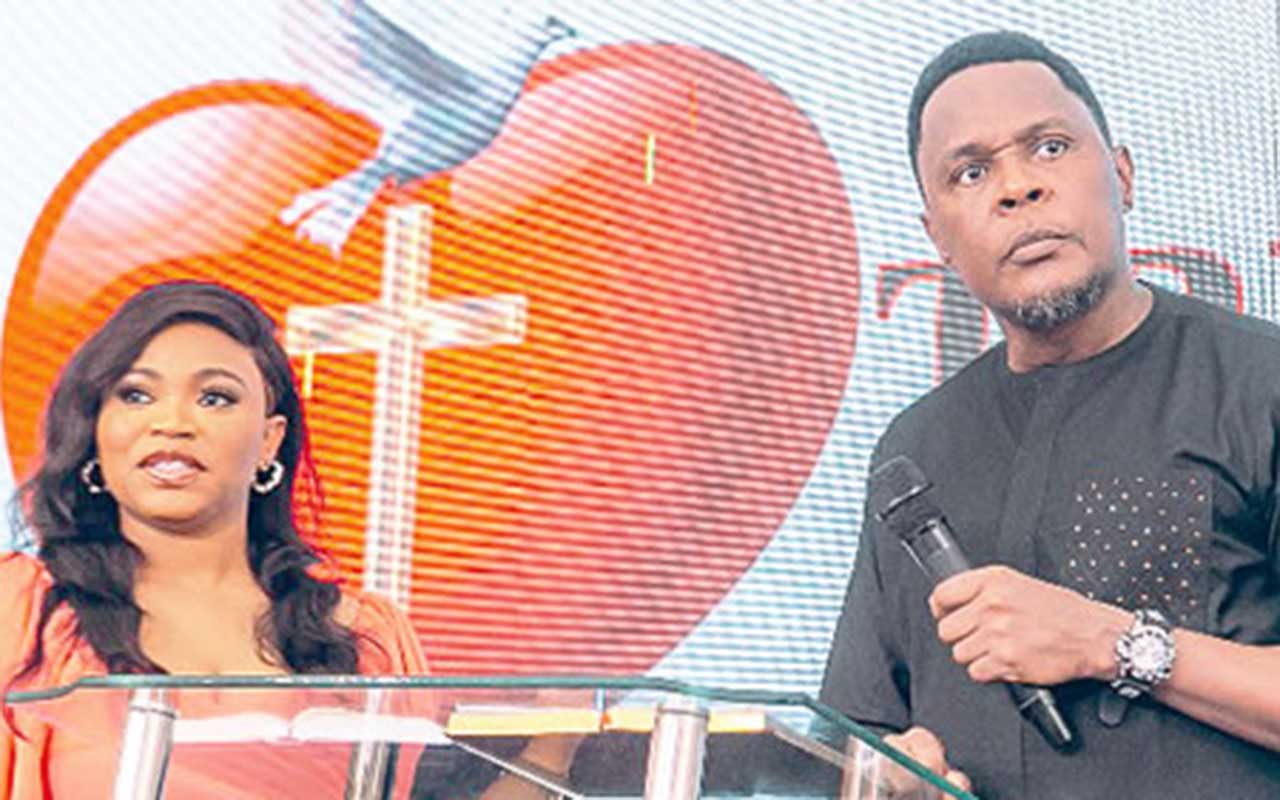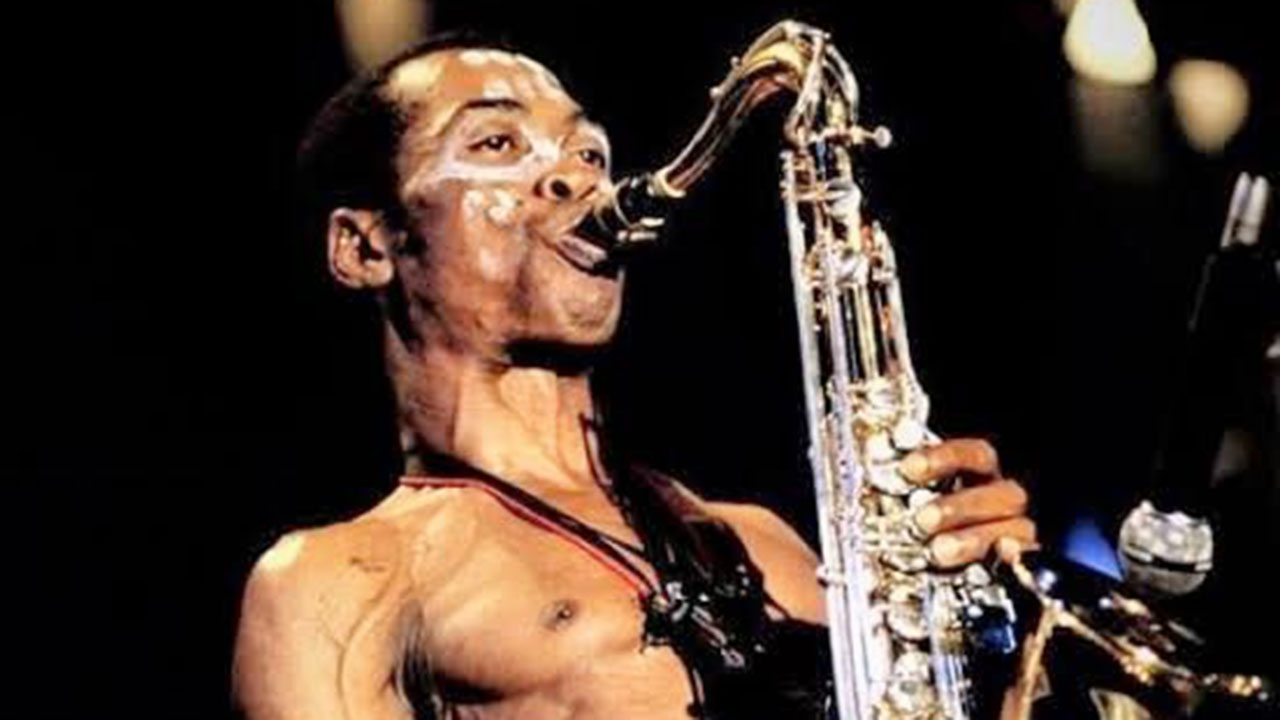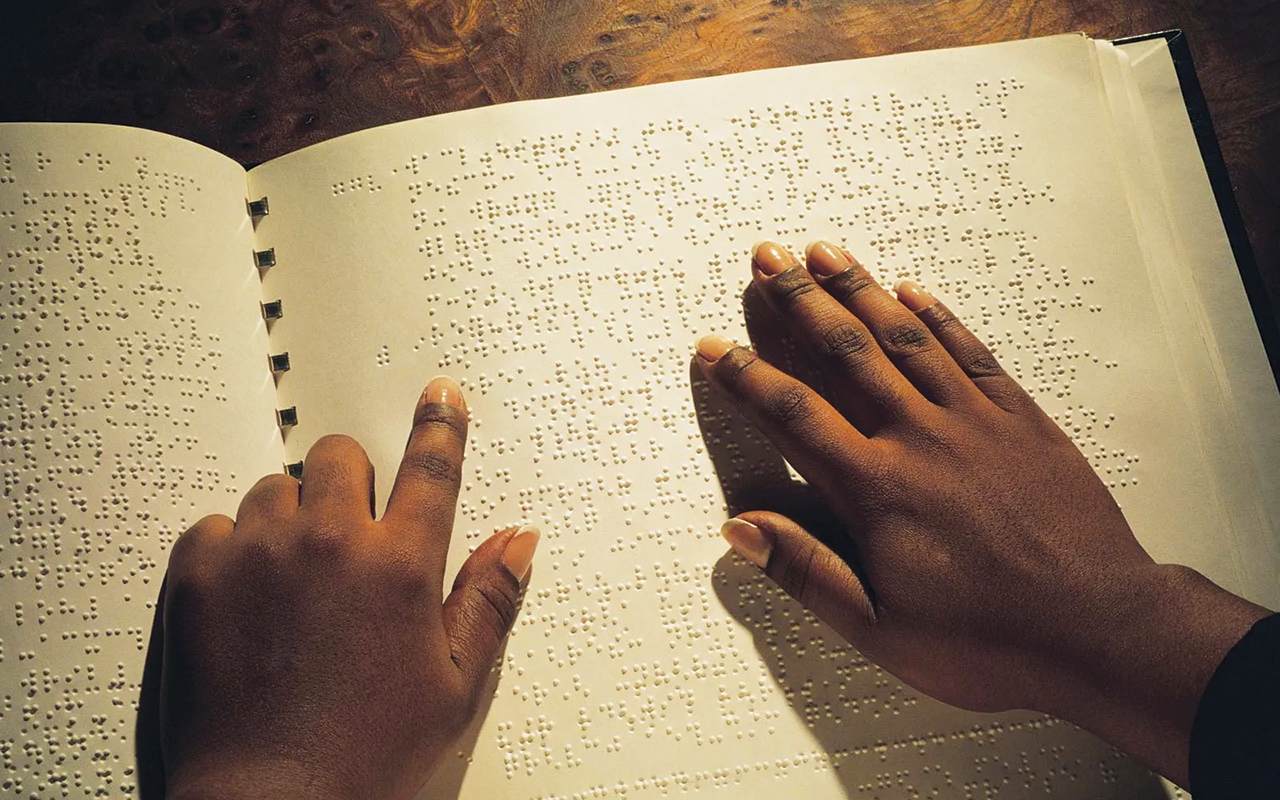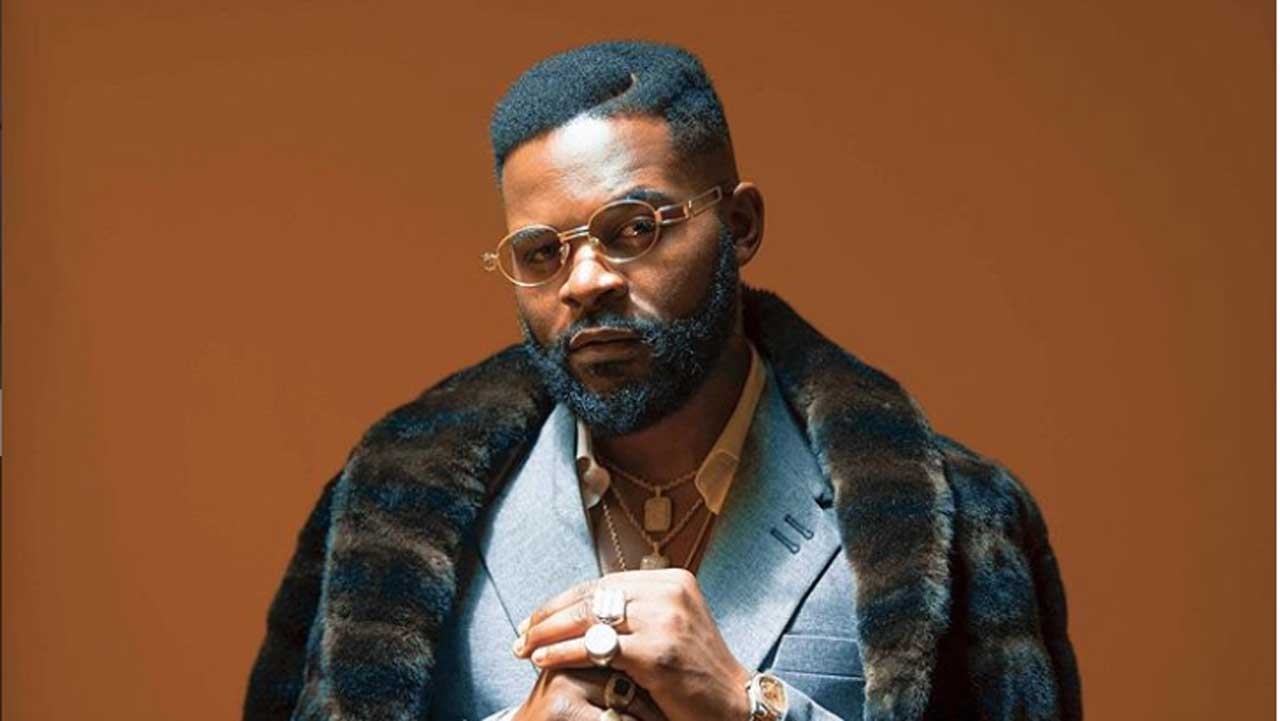
One issue that has gradually torn apart, the society’s moral fabrics is sexual abuse. This violence or exploitation of the female specie, mostly, children, occur in every country, and across all segments. It has become so endemic that many have practically evolved silence as a weapon for humiliating ‘battered women’.
According to studies available, children entering adolescence face risk of sexual abuse and exploitation. To make matters worse, adolescents who come into contact with justice systems are often denied the protection to which, as children, they had the right.
The United Nations Children Emergency Fund (UNICEF) noted that every year, millions of girls and boys around the world face sexual abuse and exploitation.
At least 120 million girls under the age of 20 – about one in 10 – have been forced to engage in sex or perform other sexual acts, although the actual figure is likely much higher, the agency noted. Roughly 90 per cent of adolescent girls who report forced sex say that their first perpetrator was someone they knew, usually a boyfriend or a husband. But many victims of sexual violence, including millions of boys, never tell anyone.
However, many have said sociologists, social scientists, religious bodies and social workers, the state and society at large, must become far more conscious of the seriousness of the issue. “We must not bury our heads in the sand, because even our children, loved ones and neighbours can become victims!” an anonymous respondent to the issue said.
The Head of the Lagos State Domestic and Sexual Violence Agency, Titilola Vivour-Adeniyi, said last year, the state recorded 6,389 cases of sexual and gender-based violence. Vivour-Adeniyi, represented by Joke Ladenegan Ogini, said at the screening of Ajaga, which held at the Siverbird Cinemas, Lagos.
This is what Adenike Odubawo has done in the faith-based flick, Ajaga, which started screening in cinemas nationwide and in Ghana from September 6.
Featuring a blend of new and old acts such as Femi Jacobs, Tope Olowoniyan, Carol King, Jaiye Kuti, Tomiwa Sage, Lola Smart, Tory Thompson, Francis Onwochei and Adenike Odubawo, who doubles as the producer, the film is a response to a slew of scandals have made religious grounds new ‘sanctuary’ for evil.
Shot on location in Lekki, Lagos, the flick is a story that everyone can relate with, as it interrogates manipulation, abuse and exploitation in the house of God.
In the Remi Ibinola-directed flick, Pastor David (Femi Jacobs) and Bolusefe (Adenike Odubawo), founders of the True Heart Christian Assembly are the eyes of the camera through which the audience see the film. They are childless; however, despite their efforts and prayers, no child comes, thus, leading to their decision to adopt babies. They end up bringing two young girls into their home.
The contradiction in their characters as Daddy and Mummy G.O. is the defining spirit of the film. While Bolusefe continues her job as a leading lawyer against domestic and sexual violence, her husband is a perpetrator of sexual violence, whose phallic ego leads him to destruction.
Odubawo said she was inspired to write the story by her undying desire to answer a long time questions on why some men of God, regardless of their faith or religion, don’t take responsibility for their transgression such as sexual abuses.
“Ajaga is much more than a film for me. It is a story that echoes the struggles of the women behind men of God. It’s a very relatable story, because it’s not the first time globally that we’ve heard about our religious leaders, regardless of faith. Whenever I see an expose about pastors, I tell myself that I would give everything to be a fly on the wall of their house. I want to see the home, what it looks like, and how the woman takes it because we don’t hear her side of the story. Is she okay with her husband? Is she happy with the details? Is she taking his side? Is she on the side of the victims? That is why I decided to answer it by writing the story. And I decided that it was not going to be a redemption story,” Odubawo revealed.
On the experience filming, she noted that “it was an ‘Ajaga’ (burden) in the sense of everything. There was a day we were filming the church scenes, and a fire started. I asked how we would pay if we burned this building. It was tough.”
On the challenges of being the producer and lead actor, Odubawo said, “it was tough because the story is quite delicate, and we filmed on a huge scale. It’s a big project. Handling that and switching to become a lead character was very tasking, but all thanks to my director, who gave me a soft landing. She always cued me in, telling me to switch from being a producer to an actor. It was seamless.”
For Ibinola, she initially assumed Odubawo was joking when she was called to direct the film. “She approached me and said I have a script that I want you to direct. I tried to move her away because I felt she was one of the people who came to waste my time, but it turned out that she was earnest. She wanted me to direct because she felt that a woman’s perspective would be better, and I’m happy with the outcome.”
Supervising producer Adeyemi Olanrewaju said Ajaga is a story on domestic violence, sexual abuse, which every right thinking person will be concerned about in the society. He stated that it is important that “we see the story from the angle of the woman that is truly affected and see the pain that they go through. We felt it is a great thing to tell the story when most victims are usually cowed. This may be because the perpetrators are leaders in the society or well-meaning and highly placed people in the society who feels that they are untouchable.”
He added, “women are the most affected by domestic violence and sexual abuse: Most times, the perpetrators walk around as if nothing happened. Some men also make excuses for them. We must see the issue from the angle of the affected woman, the pains and all that she goes through. We felt telling the story was good, especially when most victims are usually cowed because the perpetrators are either leaders or well-placed persons who feel they are untouchable. We felt we needed to tell a story that all can relate to, especially concerning clerics that most people enable. People love clerics; they revere them and believe that they are infallible, but we are human first before men/women of God.”
“But, when it comes to religious circle, people shy away from talking about it. People pitch tents because they love the man of God so much and they revere him and he can do no wrong. First and foremost, they are human beings before they became men of God. Men are fallible, it wasn’t as if we are directing at anybody but we just felt that a lot more people will relate with it. We needed to see from the angle of the pastor’s wife because most times, nobody hears the wife’s state of mind, they are usually silent because they want to protect their husbands, their family as well as the church,” he added.
Ajaga is a must watch.






